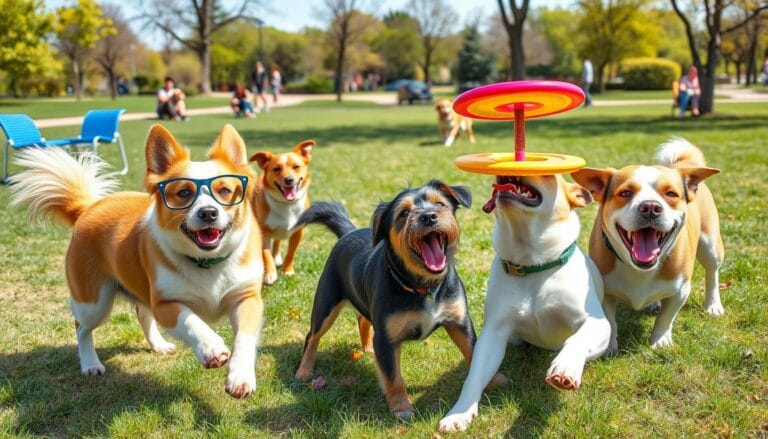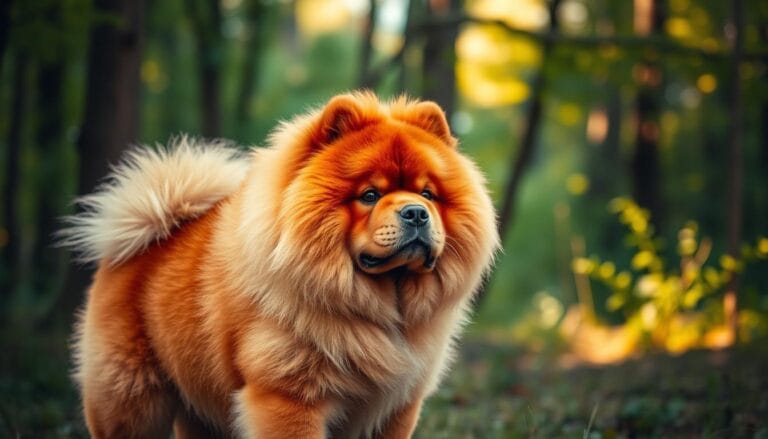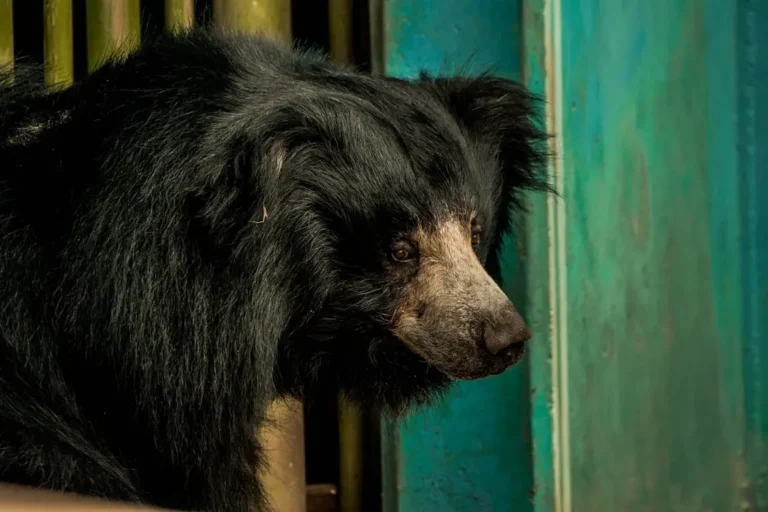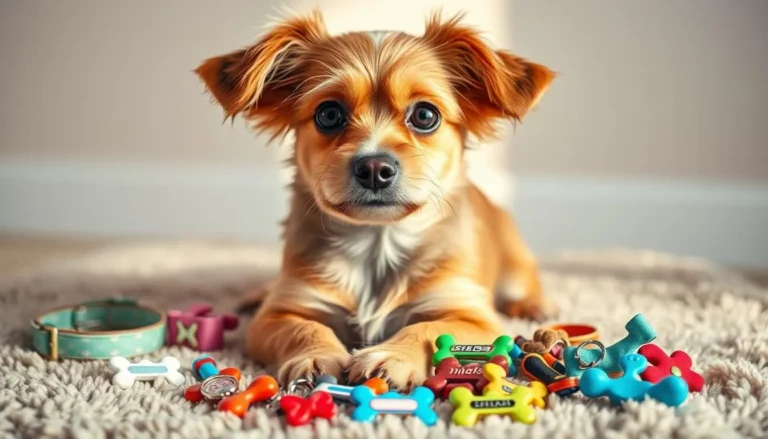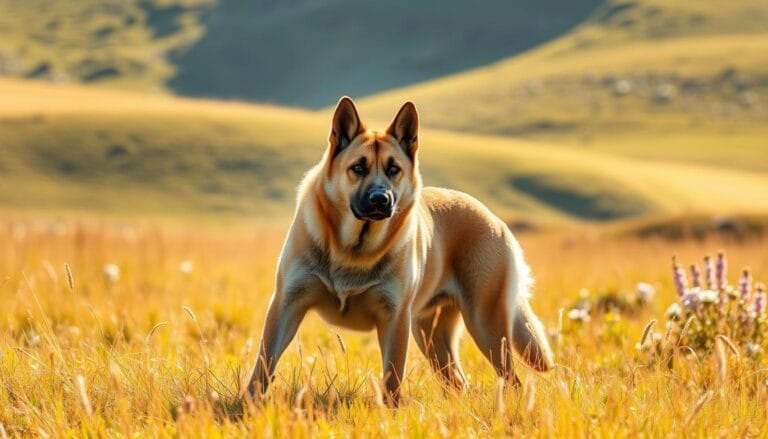Greater Swiss Mountain Dog: Everything You Need to Know
Thinking of adding a new furry friend to your family? The greater Swiss mountain dog might catch your eye. Known for its loyalty and loving nature, this breed boasts a unique tri-color coat and broad head. If you’re eyeing a Swiss mountain dog puppy, understanding their needs is key to giving them a great life.
Table of Contents
Interested in the great Swiss dog as a pet or just curious about this breed? This article has got you covered. We’ll dive into their history, temperament, exercise needs, and health to help you decide if they’re the right fit for you.
Key Takeaways
- The greater Swiss mountain dog is a large and heavy-boned breed with incredible physical strength.
- Swiss mountain dog puppies require significant early training, starting from the age of eight weeks.
- The great Swiss dog is prone to certain health issues, including hip and elbow dysplasia, and requires regular grooming to maintain its tri-color coat.
- With proper care and attention, the greater Swiss mountain dog can make a wonderful family pet, being generally patient and gentle with small children.
- Regular exercise, including daily walks, is essential for the greater Swiss mountain dog, but caution is advised during hot weather.
- Annual wellness testing is recommended for older dogs to detect possible health issues, such as hemangiosarcoma and lymphoma.
The History and Origins of the Greater-Swiss Mountain Dog
The Greater Swiss Mountain Dog has a long history, dating back to the Roman era. It was bred as a working dog for various tasks. Originating in Switzerland, this breed was known for its strength, intelligence, and loyalty.
Exploring the history of the Greater Swiss Mountain Dog, you’ll see it’s related to other Swiss breeds like the Bernese Mountain Dog. But, it’s the oldest Swiss breed, with a history spanning centuries. Its development as a working dog led to its recognition as a separate breed worldwide.
Ancient Swiss Heritage
The Greater Swiss Mountain Dog’s roots are in Switzerland as a working dog. Males can grow up to 28.5 in tall, and females up to 27 in. They weigh between 90-140 lb for males and 80-110 lb for females, showing their strength.
Development as a Working Breed
The breed’s development was shaped by its environment and tasks. It was a key part of Swiss agriculture and transportation. With a litter size of up to 18 puppies, it was vital in 1945. Its greater swiss mountain dog lifespan is about 10 to 11 years, with some saying 6.75 years on average.
Modern Recognition and Status
Today, the Greater Swiss Mountain Dog is recognized by kennel clubs worldwide, like the FCI and AKC. It was added to the AKC Working Group in 1995. This has made it popular as a companion dog, while keeping its working dog heritage. When comparing the bernese mountain dog vs swiss mountain dog, the Greater Swiss Mountain Dog stands out with its unique traits.
Physical Characteristics of the Greater Swiss Mountain Dog
The Greater Swiss Mountain Dog is a sturdy breed with a unique look. It’s a favorite among dog owners. Greater Swiss mountain dog puppies grow into strong, agile dogs. They have a broad head, straight muzzle, and erect ears.
Adult dogs weigh 110-150 pounds and are 24-28 inches tall. When looking for greater swiss mountain dog breeders, consider the breed’s physical traits. Their coat is short and dense, with a tri-color pattern of black, white, and red.
Other colors include red and white, and blue, white, and tan. The breed’s size and strength are great for active families or individuals who love the outdoors.
Some key characteristics of the Greater Swiss Mountain Dog include:
- Height: 24-28 inches
- Weight: 110-150 pounds
- Coat: Short and dense, with a tri-color pattern
- Lifespan: 8-11 years
The Greater Swiss Mountain Dog is loyal and loving. It’s a great addition to any family. With the right care, greater swiss mountain dog puppies can become strong and healthy dogs. They bring years of companionship and joy.
Temperament and Personality Traits
The greater swiss mountain dog is known for being loyal and affectionate. It makes a great family pet. As a great swiss dog, it loves being around people and is calm and gentle. If you’re thinking of getting a swiss mountain dog puppy, you’ll get a loving friend.
Greater swiss mountain dogs are patient and gentle with children. This makes them a great choice for families. But, it’s important to socialize your puppy early. This helps it learn good manners and get along with other pets.
Natural Disposition
The natural disposition of a greater swiss mountain dog is calm and even-tempered. This makes it a low-maintenance pet for families. With the right training and socialization, it can be a wonderful companion for active families who love the outdoors.
Interaction with Children
Greater swiss mountain dogs are gentle, making them perfect for families with kids. They are patient and loving, and they love to play. As a great swiss dog, they also protect their family and will defend them if needed.
Behavior with Other Pets
Greater swiss mountain dogs are friendly and outgoing with other pets. They get along well with dogs and other pets, as long as they are socialized early. With proper training and socialization, a swiss mountain dog puppy can become a well-behaved adult dog.
Exercise and Activity Requirements
As a responsible owner of a greater swiss mountain dog, it’s key to know their exercise needs. Regular exercise keeps your swiss mountain dog puppy physically and mentally healthy. Daily walks and playtime are a must, but also offer chances for hiking or running to keep them happy and healthy.
A greater swiss mountain dog puppies need moderate exercise, which changes as they grow. Puppies under 8 months old should avoid high-impact activities like jumping or running down stairs to prevent injury. As they get older, their exercise needs grow, requiring at least 20-45 minutes of brisk walking each day.
Some great activities for greater swiss mountain dog puppies include:
- Daily walks
- Playtime in secure areas
- Hiking
- Running
- Treadmill exercise
Remember, it’s important to avoid injury with exercise limits. Puppies should not do high-impact activities, and adult dogs should stay away from extreme temperatures and high-impact activities. Regular exercise and following these guidelines will keep your greater swiss mountain dog puppy happy, healthy, and well-exercised.
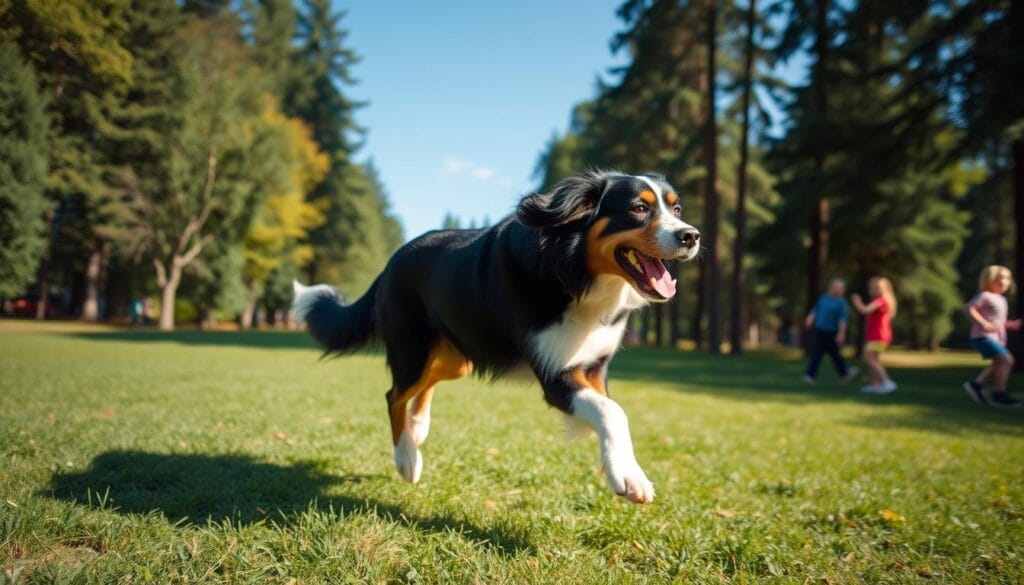
Grooming and Maintenance Needs
Understanding the grooming needs of a greater swiss mountain dog is key. This breed has a short, dense coat that’s easy to care for. It’s perfect for those with busy schedules. Yet, it’s important to brush and bathe them now and then to keep their coat in top shape.
Regular grooming helps avoid skin infections and keeps the coat healthy. Brush your dog weekly, more often during shedding seasons. Bathe them every two to three months or when needed. Also, don’t forget to trim their nails and check their ears regularly.
There are many grooming tools available, like slicker brushes and dog-friendly shampoos. Start grooming early, between 8 to 12 weeks, to make your dog comfortable with it.
Working with good breeders and a regular grooming routine will keep your dog happy and healthy. Always consider your dog’s needs and talk to a vet if you’re unsure.
Here are some grooming tips to remember: * Brush your dog weekly * Bathe them every two to three months or as needed * Trim their nails regularly * Check their ears weekly for wax and irritation * Start grooming early to make them comfortable
Training Your Greater Swiss Mountain Dog
As a responsible owner of a greater swiss mountain dog, it’s key to spend time and effort on training. Positive reinforcement helps your swiss mountain dog puppy learn basic commands and manners. Early socialization is vital, and enrolling your puppy in obedience school by 12 weeks old is beneficial. It helps them get along with other dogs and people.
Training your greater swiss mountain dog puppies requires setting clear rules and boundaries. Start with simple commands like “sit” and “stay,” then move to more complex tasks. Remember, consistency and patience are essential, as these dogs can be strong-willed. Committing to obedience training for up to two years will make your dog a well-behaved and loyal friend.
Here are some tips for training your greater swiss mountain dog:
- Start leash training with short walks from an early age
- Teach your puppy to wait for affection and to enter and exit the house calmly
- Supervise interactions between children and your puppy to prevent aggression
With dedication and the right approach, you can raise a well-trained and well-behaved greater swiss mountain dog. This dog will bring joy and companionship to your family.
Health Considerations and Lifespan
If you’re thinking about getting a Greater Swiss Mountain Dog, knowing about their health is key. They live between 8 to 11 years on average. Regular vet visits and a healthy lifestyle can help prevent or manage health issues. It’s important to choose a greater swiss mountain dog breeder who tests for health problems.
Greater Swiss Mountain Dogs can face hip dysplasia, eye issues, and cancer. They also get dental disease, which can shorten their life by 1 to 3 years if not treated. Brushing their teeth once a week, and more during shedding seasons, can prevent dental problems.
To keep your Greater Swiss Mountain Dog healthy, find a good breeder and get regular vet care. This includes check-ups, shots, and tests for hip and elbow dysplasia. These steps will help your dog live a long, happy life.
Some important health issues to watch out for include:
- Hip dysplasia: a common issue in large breeds, screening is recommended
- Gastric Dilatation-Volvulus (Bloat): a life-threatening condition that requires immediate veterinary attention
- Elbow dysplasia: another joint-related issue that can affect mobility
- Certain types of cancer, such as Hemangiosarcoma and Lymphoma
Choosing a Greater Swiss Mountain Dog Puppy
When picking a Greater Swiss Mountain Dog puppy, finding a good breeder is key. They should care about their dogs’ health and happiness. Look for a breeder who shares the puppy’s family history, health checks, and personality.
A great breeder will help the puppy grow into a happy adult. They create a loving home for the puppy’s early years.
Understanding what Greater Swiss Mountain Dog puppies need is important. Greater Swiss Mountain Dog breeders can offer lots of advice. They’ll tell you about the puppy’s parents, including their health and personality.
When choosing a puppy, consider these things:
- Health clearances for the puppy’s parents, including hip and elbow dysplasia
- Temperament and personality of the puppy and its parents
- Reputation of the breeder and their experience with the breed
Researching and choosing a reputable breeder boosts your chances of getting a healthy puppy.
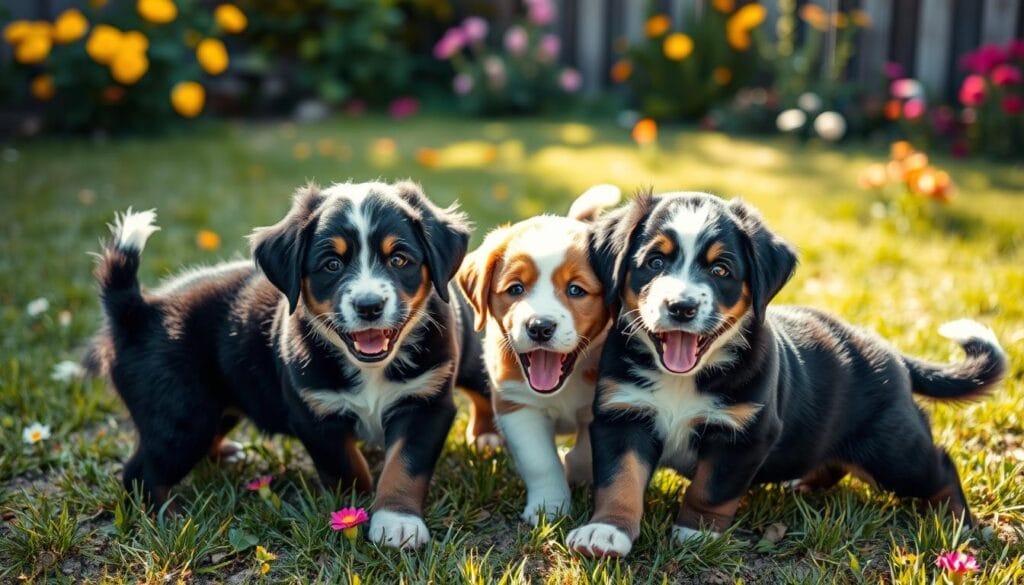
Owning a Greater Swiss Mountain Dog is a big responsibility. Think about their exercise, grooming, and training needs. With the right breeder and research, you can find the perfect Greater Swiss Mountain Dog puppies for your family.
Conclusion: Is the Greater Swiss Mountain Dog Right for You?
The Greater Swiss Mountain Dog is a loyal, loving, and smart breed. They are great for active families. These dogs are calm, devoted, and love to please, making them perfect for those who can give them the care they need.
As a big dog, they need lots of exercise, about 1-2 hours a day. They also need regular grooming to keep their thick coat in good shape. Early socialization and positive training are key to their good behavior.
If you’re ready to give a Greater Swiss Mountain Dog the time and effort they need, they could be a great fit for your family. They are loyal and loving, making them excellent companions for active homes. Look for reputable breeders to find the right puppy for you.
FAQ
What is the history and origin of the Greater Swiss Mountain Dog?
The Greater Swiss Mountain Dog has a rich history. It was bred in Switzerland as a working dog. It was known for its strength, smarts, and loyalty.
Over time, it became a distinct breed. Today, it’s recognized by kennel clubs worldwide.
What are the physical characteristics of the Greater Swiss Mountain Dog?
This breed is sturdy and has a unique look. It has a broad head, straight muzzle, and erect ears. This gives it a dignified and alert look.
Its coat is short and dense, with a tri-color pattern of black, white, and red. Adult dogs weigh 85-140 pounds and are 23-28 inches tall.
What is the temperament and personality of the Greater Swiss Mountain Dog?
The Greater Swiss Mountain Dog is calm and gentle. It’s great for families with kids. But, it’s important to socialize it well.
This helps it learn good manners and get along with other pets.
How much exercise does the Greater Swiss Mountain Dog require?
This breed needs regular exercise to stay happy and healthy. Daily walks and playtime are a must. It also needs occasional more active activities like hiking or running.
But, it’s not good for extreme temperatures or high-impact activities. It should be exercised carefully to avoid injury.
How much grooming is required for the Greater Swiss Mountain Dog?
The breed has a short, dense coat that needs little grooming. Occasional brushing and bathing keep it clean and healthy. But, it’s important to check its nails, ears, and teeth regularly.
What are the common health issues and lifespan of the Greater Swiss Mountain Dog?
This breed is generally healthy but can have issues like hip dysplasia and eye problems. Regular vet visits, a balanced diet, and a healthy lifestyle can help prevent or manage these. With proper care, they can live 8-11 years.
What should I consider when choosing a Greater Swiss Mountain Dog puppy?
Choosing a puppy requires careful thought and research. Find a reputable breeder who cares about their dogs’ health and well-being. Look for a breeder who is open about the puppy’s ancestry, health clearances, and temperament. They should also provide a supportive environment for the puppy’s growth.
There are no reviews yet. Be the first one to write one.


